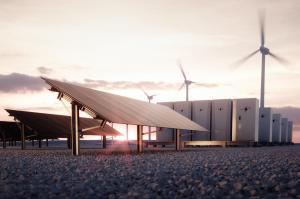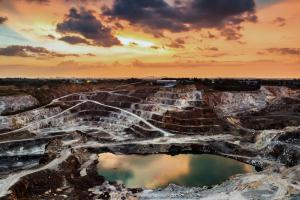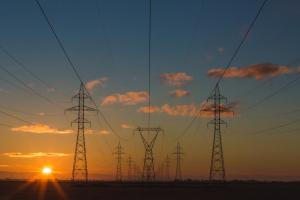June 29th, 2022
The electric utility industry is roiled by supply chain chaos. Across the industry, there are tales of operation and maintenance delays, shortage-induced rescheduling, and crews standing idle, waiting for materials as conventional as bolts.
May 20th, 2022
There is a general agreement among utility executives that this is the most exciting time ever to be in the electric space. The revolution -- from fossil fuels and renewables to small modular reactors and carbon capture, utilization and storage -- is massive, challenging, and happening...
May 12th, 2022
The use of hydrogen as an energy carrier is expected to substantially contribute to the achievement of deep decarbonization goals. However, introducing a significant role for hydrogen in the energy supply requires comprehensive changes across many sectors of the economy. An extensive infrastructure will need to be developed involving its production, transportation, storage, and utilization. Policies and incentives may be needed to overcome the significant market barriers that exist to the widespread adoption of hydrogen.
April 22nd, 2022
Electrification is the megatrend for the energy sector. Utilities are gearing up for a surge in electric vehicles and the deployment of massive electric fleets, like those of Amazon. New York State legislators...
March 25th, 2022
Russia’s invasion of Ukraine has upended the global energy supply chain, producing historic levels of stress worldwide and catastrophe in Europe. The price of oil has flirted with $120 a barrel...
February 25th, 2022
Wildfires were catastrophic across the West and the Southwest last summer. Coupled with the continuing megadrought, this was a huge burden for utilities across a wide area of the country. Already it is hotter and drier than normal across much of those regions, and forecasters at the National Weather Service...
January 28th, 2022
On January 12, the Department of Energy launched its "Building a Better Grid" initiative, designed to set in motion a huge expansion of the nation’s electric grid with upgrades and new transmission lines.
December 15th, 2021
The U.S. electric utilities, from big IOUs to distribution-only rural electric cooperatives, are waiting to see how the $1 trillion infrastructure bill, which President Biden signed into law...
December 2nd, 2021
With an introduction by Acting Executive Director, Sheila Hollis.
Pages










